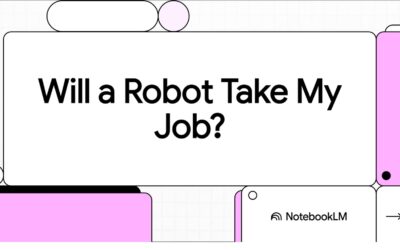Traditional trade publishing is, once again, changing.
On May 10, 2021, HarperCollins absorbed Houghton Mifflin Harcourt, and the Boston-based publisher was drawn into the constellation of the Big Five NYC publishers: Penguin Random House (PRH), Hachette Book Group, HarperCollins, Simon & Schuster, and Macmillan. The Big Five controls about 80 percent of all books sold in the United States, with PRH responsible for a whopping 30 percent alone.
And the merging continues: PRH is acquiring Simon & Schuster in a megadeal, changing the landscape from the Big Five to the Big Four. It was the Big Six just nine years ago, in 2012.
Consolidation in publishing isn’t new. Still, it’s hard not to notice the disappearance of two of the “big’s” in publishing in under ten years.

The Penguin Random House lobby, 1745 Broadway, New York City
Does Consolidation Affect Freelance Book Editors?
I asked veteran in-house editor Elizabeth Catalano, Senior Executive Managing Editor of Trade Publishing at St. Martin’s Press Publishing Group, how this change might affect freelance book editors.
Do you think the continued push to consolidate traditional publishing is cause for concern among freelance editors?
I know people in the industry are worried about it, but consolidation doesn’t necessarily mean less books. It may mean more because there are new imprints starting up all the time, and I think there will always be work for a good freelancer.
Has anything about the way you hire freelancers changed for you? Have you heard that it’s changed for others?
Yes, mostly on the recruitment side, expanding our pools with an eye toward diversity and inclusion. Finding authenticity readers too. This is a movement throughout the entire publishing industry as well as the culture at large, and I think it’s a healthy sign for publishing—readers are out there and they’re hungry for good stories from various points of view.

Cubicles inside Macmillan Publishers, 120 Broadway, NYC. In 2019, Macmillan moved from the iconic Flatiron Building.
Is it harder or easier to find freelancers now than it was ten years ago?
It’s just as hard as it always was to find the really good copy editor and, especially, a good proofer. Over the years, a lot of prospective proofers will email me saying they caught a few mistakes in one of our titles and so we should hire them as a proofreader, but it’s not as simple as that.
Do you notice a difference in what you’re asking of freelancers—more or less work, tighter or looser deadlines—over the last ten years?
Being in the forest, I’m not sure I can see those trees. The last five years, certainly, there have been tighter deadlines, but that was due to the national situation—the competition to be the first out the door with the latest behind-the-scenes political book. Whether that trend has been exhausted, I’m not sure.
Do you have any thoughts about the pay for freelancers, and how it might relate to the business side of publishing?
Yes, they definitely are being actively monitored and that’s part of the larger business concerns and how they intersect with diversity and fair pay initiatives.
Getting Freelance Work from Traditional Publishers
If you’re interested in being hired to copyedit or proofread trade books by traditional publishers, be prepared to send out an email. “Cold emailing” is the most common method for acquiring new work as a freelancer. Don’t expect to hear back, though (publishers get many such offers), and keep at it.
Target the publishers that most interest you. It’s best to reach out to middle-sized organizations, those with a list of 50–100 books per year. Find the name of the senior production editor or managing editor on staff, and send your resume with a brief note. If they write back, they will almost certainly ask you to take a test, and they might want to start you on proofreading.
To get your training in copyediting that’s focused solely on editing trade books, check out Editorial Arts Academy’s course, Copyediting Fiction and Nonfiction Books: Principles & Mechanics. Or sign up below to get on our mailing list:
Get notified as new courses come online.Get course updates




